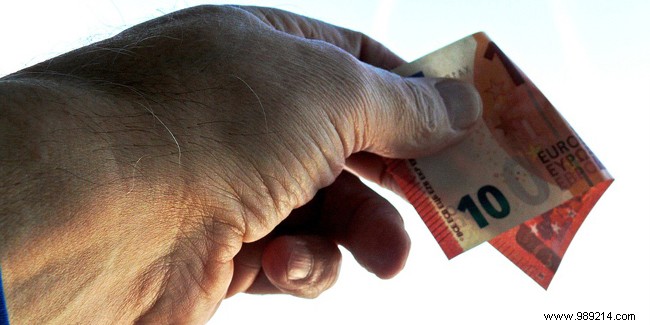
A donation is a contract by which a person (the donor) transfers the ownership of a property during his lifetime to another, called the donee. To make a donation, three conditions must be met:to be of sound mind, to be at least 16 years old and to possess the legal capacity of his property, i.e. to be able to have rights and obligations and to exercise yourself.
The donation can relate to real estate (house, land, etc.), real estate (furniture, vehicle, painting, jewellery, etc.) or sums of money. The donation entails the transfer of a heritage for which the State levies rights. There are different rules regarding taxation on the occasion of a donation.
To calculate the taxes to be paid on goods that are the subject of a donation, the tax authorities take their value into account. The tax rate is then calculated by applying an allowance that varies according to the nature of the donation and the quality of the donee. Once this allowance has been deducted, the tax authorities have the amount of the taxable donation, to which they then apply a scale ranging from 5 to 45% depending on the amount of this share. However, some donations are subject to tax exemptions or reduction of donation duties.
The donation in the form of sums of money is taxable on the amount received and must be declared to the tax authorities within one month from the date of the donation. However, some donations are totally exempt, such as family donations, donations to victims of acts of terrorism or the reversion of life annuities between heirs in the direct line.
For family donations, the exemption applies to cash donations made by check, bank transfer, money order or cash. The exemption ceiling is set at a sum of money of €31,865. Beyond that, the donation is taxable. The exemption for gifts to victims of terrorism applies to those made within one year of the act of terrorism.
As a general rule, the donation of real estate is subject to taxation. However, there are exemption situations. The donation is not taxable at all if the property is classified as a historical monument. In other cases, the exemption is partial:when the accommodation was acquired new between June 1993 and December 1994 or between August 1995 and December 1995; if it is a rental unit, when it was purchased between August 1995 and December 1996; for a new residential building, if a building permit was obtained between September 2014 and December 2016 and if the donation is made before 2020; for building land or forest or agricultural property.
The donation gives rise to exemption if it is a sole proprietorship or shares and shares of companies.
The State, after a case-by-case decision, grants exemption from gift tax when the goods are works of art, books or historical documents or collectibles.
If the person receiving a donation is the husband, wife or PACS partner, the allowance below which the donation will not be taxed is set at 80,724 euros. If it is an ascendant or a child, it is 100,000 euros. For grandchildren the amount is 31,865 euros, 5,310 euros for great-grandchildren, 15,932 euros for siblings and 7,967 euros for nephews and nieces.
Under certain conditions, gift tax may be reduced. If the donee has 3 or more children and if the donation took place before the 1 st January 2017, the reduction is 610 euros from the third child for a direct online donation (parents or grandparents), otherwise it is 305 euros.
Be careful however:this principle is no longer valid since the 1 st January 2017. Donees disabled by war benefit from a reduction of 305 euros on the fees to be paid. For those who receive property related to economic activity, the reduction is 50% of the rights if they are securities of companies or sole proprietorships and if the donor is under 70 years old.